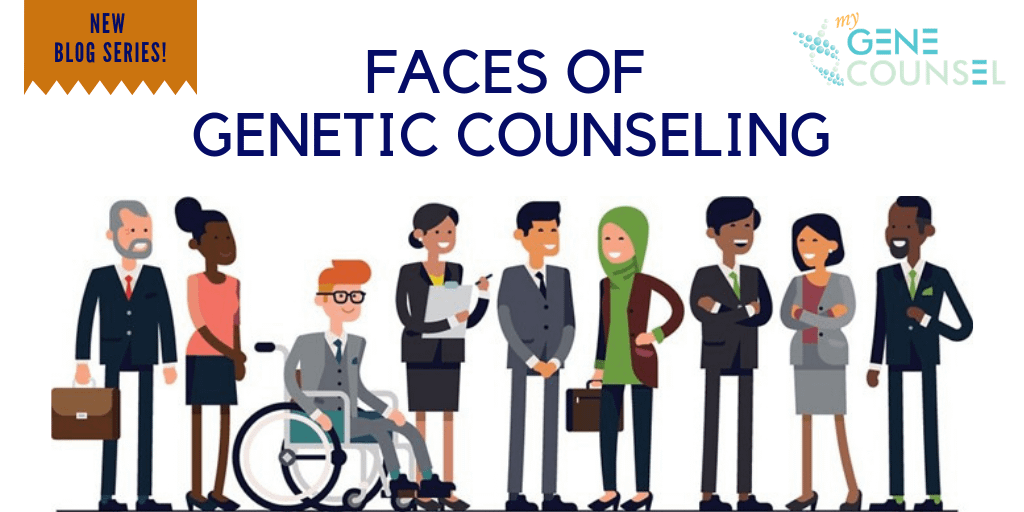
In the blog series, “Faces of Genetic Counseling,” we highlight genetic counselors who come from diverse backgrounds and serve as representatives and advocates within their field.
We had the opportunity to speak with Fatima Amir, MS, LCGC, a genetic counselor at the Dana-Farber Cancer Institute in Boston, who works closely with adult cancer patients across a wide range of specialties. She has a special interest in working towards health equity in medical genetics by improving access to genetic counseling services among diverse groups.
What are you passionate about as a genetic counselor?
I am passionate about trying to understand issues around health equity and access to genetic counseling services. I am part of a satellite clinic at one of our cancer centers that serves many minority populations. The no-show rates there are high, which motivates me to learn about these disparities and discover how we can address them effectively.

What advice do you have for genetic counselors in providing culturally competent care?
I hope all genetic counseling programs now provide culturally competent training in their programs. I think we could all agree that the first step is awareness and acknowledging your own implicit biases. It is also crucial to learn about existing disparities. I am a fan of the work of Dr. Camara Jones. She has many insightful talks on racism and health disparity on YouTube.
How are you different than the “average” genetic counselor?
As a first-generation American Muslim, I experience the world through a lens that is rare in our field. I feel very blessed to have grown up across multiple countries. I was born in the United States and have lived in Mississippi, the Caribbean, Pakistan, and Qatar, before moving back to the U.S. to go to graduate school in Ohio in 2016. I now live in Massachusetts. Living all over the world has increased my empathy and ability to look at things from multiple perspectives.

How has your religion played a role in your experience as a genetic counselor?
I moved back to the United States in 2016, which was the year of the election, when Muslim people were being poorly represented by leaders in this country. This empowered me to positively represent people from my community by embracing my religious values. When I interviewed for graduate school, I was interviewed by a student wearing a hijab. I could ask her if she had experienced discrimination as a Muslim woman – a question I could not have asked any other person. It was incredibly important to me to hear a response from someone who looked like me. It was comforting to hear that she felt safe and supported.
Being different has come with occasionally experiencing micro-aggression, but it has encouraged me to be aware of my own implicit biases. The starting point is to learn about these things. I’ve been inspired by work that the Minority Genetic Professionals Network (MGPN) has done. They focus on racial, cultural, and ethnic minorities. We met together, and it was cathartic. I could relate to how it felt to be the only person representing an ethnic minority in their grad programs. How can we get representation for underrepresented minorities in our field? Make sure they feel supported? We are starting to make that happen in New England by working on minority recruitment and creating a supportive space in the field.

How can genetic counselors work towards improving access to genetic counseling services among diverse groups?
See if you have Community Health Advisors available, perhaps through your community benefits department. These advisors are usually representing a specific community and bringing services back to that community. Find and reach out to these advisors. Educate them, partner with them, and work with them to identify the barriers and seek solutions. See if there are funds available to research barriers to genetic counseling in your area.
What advice do you have for students considering genetic counseling who may not fit the stereotypical genetic counselor mold?
I can relate to how it feels to be different. If you don’t see anyone who looks like you, you can be the first. If you are a racial or ethnic minority, spaces are being created for you to be supported. Go for it. You can be the pioneer. You can contribute in ways no one else can.


